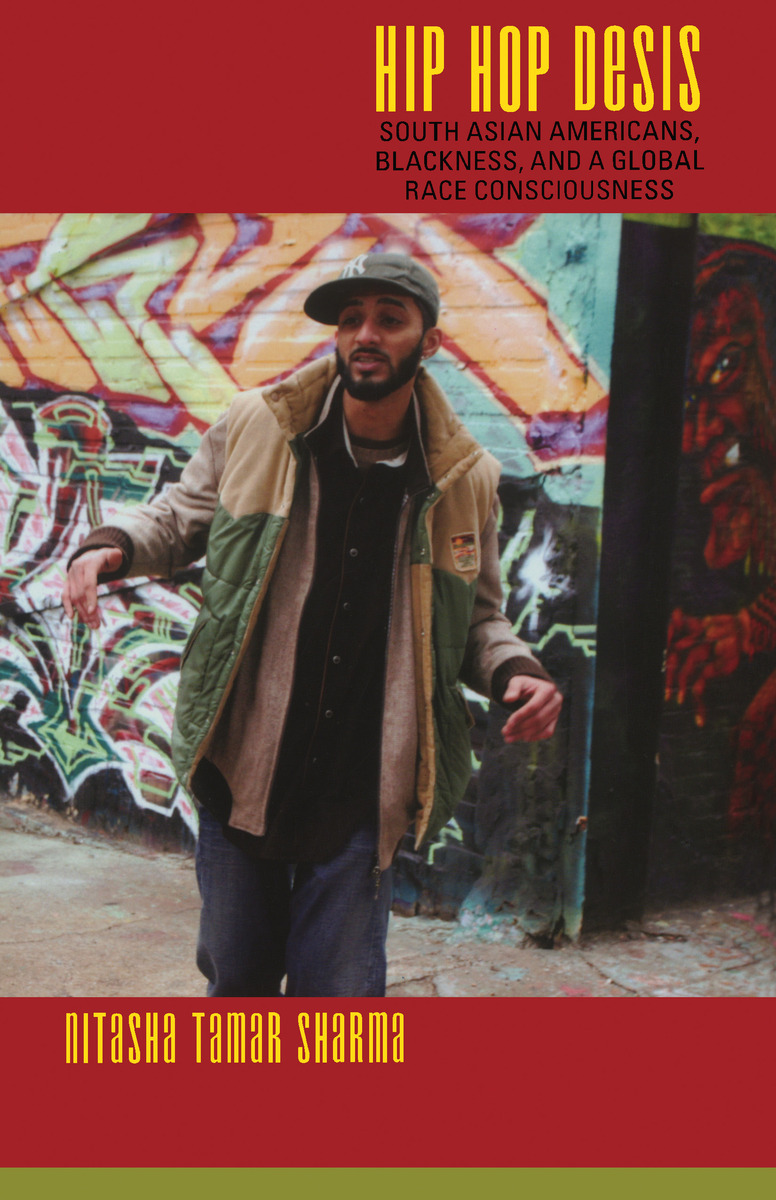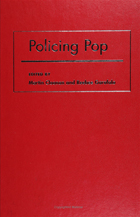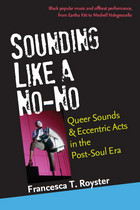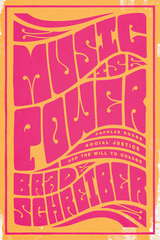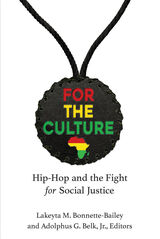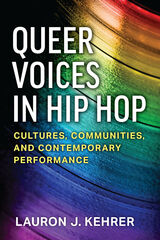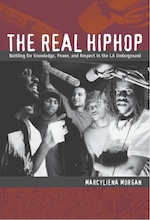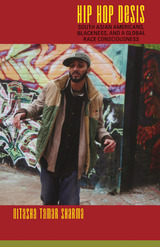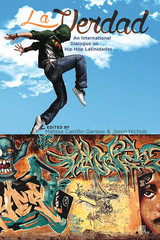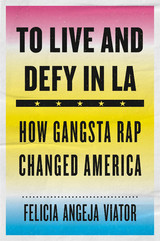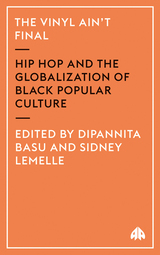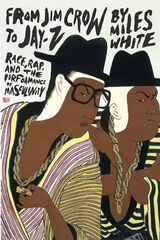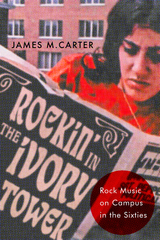“As the first ethnography of South Asian American hip hop artists, this book is a welcome contribution to the study of hip hop, cultural ownership, and South Asian and black relations. The perspectives of Sharma and the desi hip hop artists at the centre of this study help to move the discussion beyond insular views of South Asian American youth culture to consider alternate subcultural identities and cross-racial alliances. . . . Sharma’s insightful and well-researched book has broadened the dialog regarding the role of musical communities in the forging of black and brown diasporic alliances.” - Carl Clements, Journal of Intercultural Studies
“Hip Hop Desis is an exceptional book . . . Eschewing traditional analyses of relations between Asian and African Americans, Sharma convincingly shows how desis’ embrace of hip hop disrupts existing social divisions, and generates new possibilities for envisioning a ‘global race consciousness.’” - Justin Scarimbolo, Notes
“This is a powerhouse of a contribution to the study of hip-hop culture. . . . Highly recommended. Upper-division undergraduates through faculty.” - A. C. Shahriari, Choice
“If anyone doubts that the hip hop desis have become a cultural phenomenon, reading Sharma's Hip Hop Desis . . . could challenge the notion.” - Arthur Pais, India Abroad
“This book will be of interest to critical race scholars, cultural sociologists, and interdisciplinary scholars of hip-hop as well as South Asian Americanists. It is an important contribution to the general literature on immigration and immigrants and the scholarship on racism.” - Bandana Purkayastha, American Journal of Sociology
“Hip Hop Desis is peopled with young, innovative characters who want to break out of the restraints that surround them: restraints of community and of stereotype. They are a joy to read about, and Nitasha Tamar Sharma takes us along with her generous analysis. We learn a lot about the magnificence of hip hop culture, how it draws people in and draws them to grow outwards. All of this makes Hip Hop Desis first-rate.”—Vijay Prashad, author of The Darker Nations: A People’s History of the Third World
“Investigating the meaning of hip hop for a dedicated group of South Asian American producers, DJs, rappers, and enthusiasts, Nitasha Tamar Sharma does important work illuminating the complexities of the racial order in the United States. She shows how identities formed through consumption and creative expression shape and reflect civic and political identities.”—George Lipsitz, author of Footsteps in the Dark: The Hidden Histories of Popular Music
“This bold, innovative critique of an under-explored area of hip hop culture significantly expands the field of hip hop scholarship. With this book, Nitasha Tamar Sharma makes an important contribution to our understanding of the complex ways that youth from various racial, ethnic, and national backgrounds are absorbing hip hop culture, respecting its cultural origins, and reshaping it in their own image.”—Bakari Kitwana, author of The Hip Hop Generation: Young Blacks and the Crisis in African American Culture
“As the first ethnography of South Asian American hip hop artists, this book is a welcome contribution to the study of hip hop, cultural ownership, and South Asian and black relations. The perspectives of Sharma and the desi hip hop artists at the centre of this study help to move the discussion beyond insular views of South Asian American youth culture to consider alternate subcultural identities and cross-racial alliances. . . . Sharma’s insightful and well-researched book has broadened the dialog regarding the role of musical communities in the forging of black and brown diasporic alliances.”
-- Carl Clements Journal of Intercultural Studies
“If anyone doubts that the hip hop desis have become a cultural phenomenon, reading Sharma's Hip Hop Desis . . . could challenge the notion.”
-- Arthur Pais India Abroad
“This book will be of interest to critical race scholars, cultural sociologists, and interdisciplinary scholars of hip-hop as well as South Asian Americanists. It is an important contribution to the general literature on immigration and immigrants and the scholarship on racism.”
-- Bandana Purkayastha American Journal of Sociology
“This is a powerhouse of a contribution to the study of hip-hop culture. . . . Highly recommended. Upper-division undergraduates through faculty.”
-- A. C. Shahriari Choice
